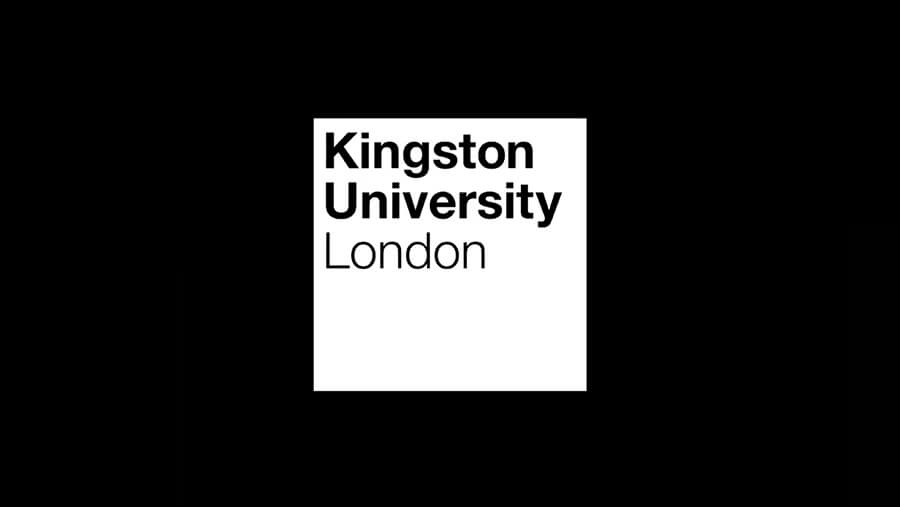This course explores how music creates atmosphere, conveys mood, and depicts setting, character, and action.
You will examine the relationships between composer and producer, directors, and music editors. You will study the technology used to produce high-quality soundtracks as well as business and copyright issues. Through optional modules, you will be able to tailor the course to your interests.
For your major project, you will create a portfolio of music to picture and work with filmmakers. There are opportunities to collaborate with film-making and animation students.
Reasons to choose Kingston
- You will learn techniques for composing and producing music for different media, be taught by professional composers, and collaborate with filmmakers and animators.
- There is the opportunity to have your compositions performed by an ensemble, conducted to picture in a professional recording environment.
- You will use recording studios, rehearsal rooms, a synthesis/sampling lab, and will the analog/digital hybrid Visconti Studio, which has a 300m² octagonal live room plus rare and vintage recording equipment.














